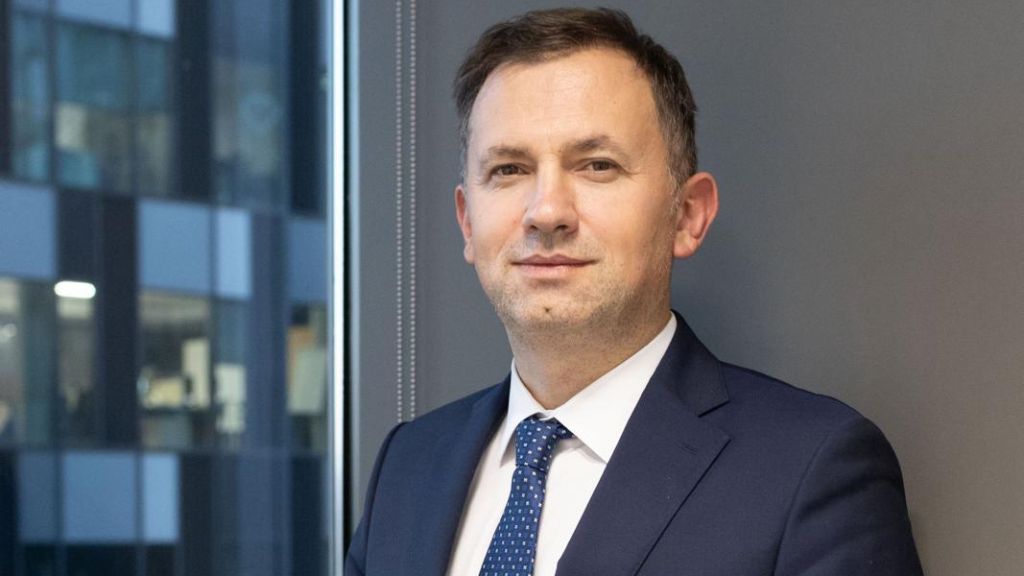If the first three requirements (predictability, repeatability, and scalability) can be put into practice through managers, the third requirement passes into the leaders' territory.
Even if both management and leadership are done by means of communication, there is an ingredient that makes the difference in both situations and which is essential for building up high performing teams. What is it?
Before naming this essential ingredient, it's good to list the features that high performing teams have in common, as described by numerous studies by large consulting firms:
- The team has a clear mission, and the specialist skills of team members are complementary. The cognitive diversity matters a lot.
- The team members focus on 3-5 skills that are already very high in the team and create excellent results.
- Each member of the team contributes to the best of his/her abilities of the projects.
- Feedback is given in real-time and has the role of generating performance, not frustration.
- Team members act with a growth mindset, for the team and each of team member altogether.
So, what is the essential ingredient to building up a highly performing team? The clear answer is TRUST.
Trust is a value. For it be present in the everyday life of the organization, it needs to be "translated" into actions that then become part of the work ethics of each team member. It is leadership’s mission to make it happen.
Here are the actions that a leader can take to bring to life this TRUST mission.
- Be a role model: Trust needs champions, team members who constantly express this value in everything they do. Be the first to build confidence in the team, demonstrating that it is an important value that you hold and appreciate. Do not surround yourself with "yes-men". Accept diversity even if it is difficult to work with people with cognitive preferences other than personal ones.
- Be precise: People will follow you in building trust if they see you doing this promise delivered and delivered. In time and precisely. Be careful not to use double standards.
- Get involved: As a leader, you can build trust by cultivating a collaborative and open-minded way of working. Engage all your colleagues and generate results-oriented consultation with them to build confidence. Also consider the opinions that seem peripheral. Bring the opposite ideas to the same space. Ideas debate has two enemies: avoiding tensions and different perspectives, on the one hand, and, on the other hand, personalizing the conflict. By being involved, listen to different opinions and arguments, and direct the debate to ideas. After the debate, it is necessary to support the conclusion; the team needs an accepted direction.
- Be a good listener: Keep in mind that you also have teammates who will give up trusting if they see you as a leader who speaks all the time or who interrupts. Be good listeners and create a space for the contribution of all.
- Do not use competitiveness: Numerous studies show that the best performances are obtained by collaborative non-competitive teams. It has been scientifically established that this approach creates a working environment conducive to the development of the potential of all colleagues. Make a deliberate attempt to build a collaborative work environment with team members. In addition, do not just focus on personal capabilities as the supreme argument, because you risk being left alone.
- Set challenging goals: To lead teams to performance, it is good to set them for meaningful and challenging targets. Talk to colleagues and align these goals with the company's vision of development. Then challenge them and encourage them to come up with action plans to reach these goals.
- Communicate your vision: People need to understand the overall image, vision and mission of the company, knowing that what they are doing is meaningful in a broader sense. That's why it's important to tell them the vision you have for the company's future and explain how they are an important part of this future.
- Maintain focus and direction: Clarity and focus are essential to a leader, and team members need to know that you can maintain them in the long run. Make sure you communicate the reason behind each change and frame the changes in the wider context of the vision for the company's desired future.
- Prepare for change: The business is constantly changing, which means that change is inevitable. In this context, trust is built when a positive change occurs and when team members can convey their ideas and contribute to change.
Those who are leaders in their organizations, whether as a general manager or as an entrepreneur, can train their skills at the workshop Inside-Out. The Emergenetics Language for a outstanding outcome. organized by Valoria on 18 October 2018. The workshop is based on a scientific tool - the Emergenetics profile of each participant - and reveals how each leader prefers to think and behave according to his/her individual attributes.






























